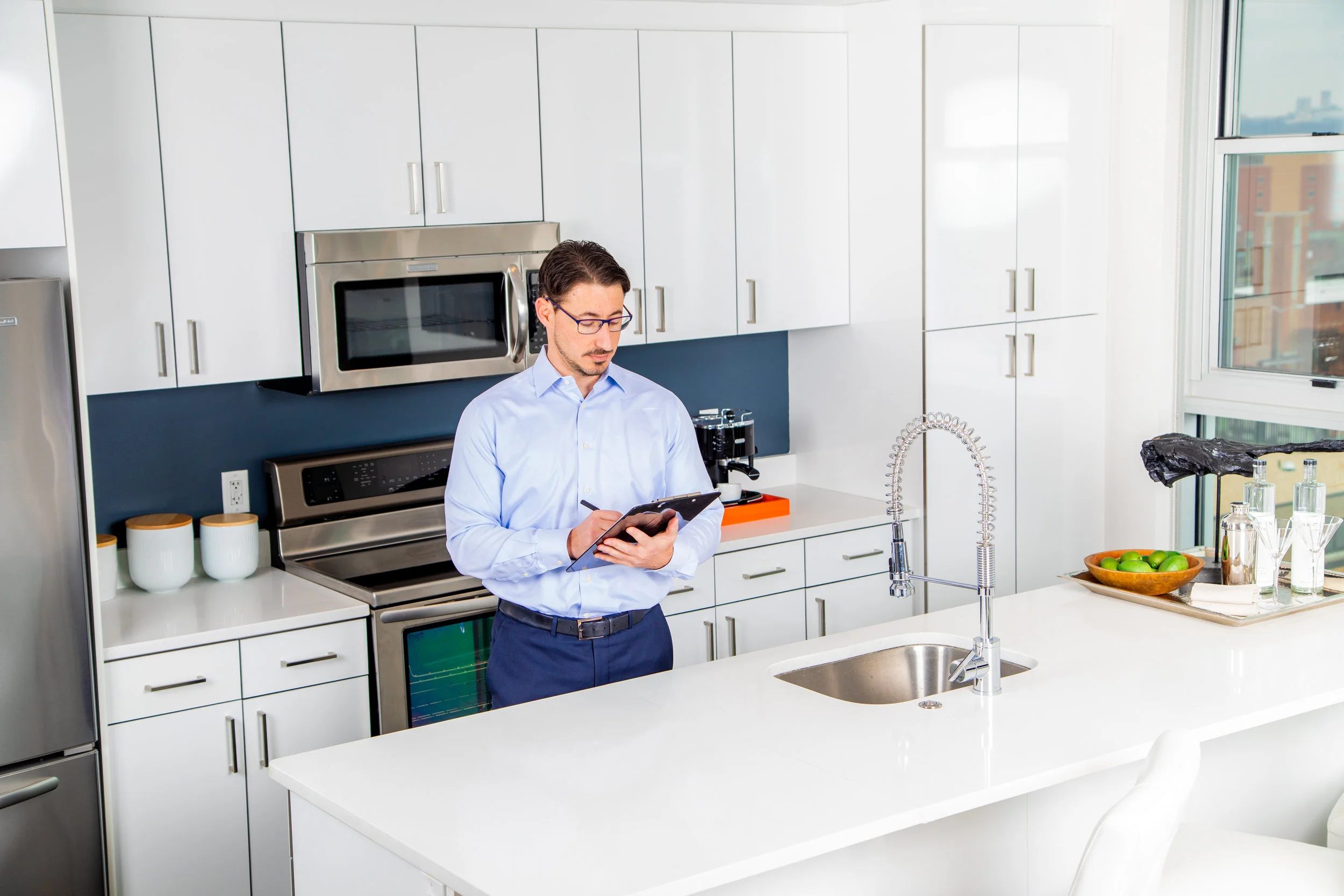Often, buyers think there is only one standard home inspection that covers everything in the house. While there is a basic inspection with inspectors and their inspections regulated by the state, there are also specialized inspections that you may need, depending on the specific home and situation.
What does a standard home inspection cover?
The standard inspection is looking for anything wrong that can be visually inspected without invasion, such as tearing out a wall or pulling up flooring, for instance. The inspector will check wiring, plumbing, appliance function, and age and function of major equipment.
What other home inspections are there?
Below is a list of other inspections you may consider.
Radon inspection
Radon is a gas that comes up from the ground. It builds up under the foundation of a home and leaks into the home’s basement basement or lowest level. If your potential home is not on the ground, say a 10th floor condo, then there is no concern. If, on the other hand, someone in your household is going to live in the basement, you should definitely get the radon inspected.
Indoor air quality (IAQ), otherwise known as a mold inspection
Anytime there is a basement, smell of dampness, or other visual signs of mold, I would recommend an IAQ inspection. Ratings for mold range from normal to highly elevated.
It’s not unusual for a couple areas in a home to be slightly elevated, but if the mold test shows highly elevated levels, the seller would be expected to resolve it.
Well and septic inspection
If the home is not on a public water or sewer system, then those systems need to be inspected to ensure proper function.
Sewer line camera inspection
The pipe that goes from your house in a townhouse or condo to the main sewer line for the community is your responsibility and expense. It is not covered by your normal insurance. One of the best things to do to protect your investment is to get a sewer line inspection, where the inspector runs a camera down the sewer line to look for any damage or potential damage.
Thermal wall scan
This inspection uses special equipment to scan each wall and ceiling for water intrusion. This is always good, but it’s great when you think there could be existing damage behind the walls.
Chimney inspection
This inspection goes a bit further than your standard visual inspection. In this case, the inspector uses a camera on special tubing threaded into the chimney. This allows the inspector to see all the way up and down the chimney stack. This catches any cracks or deficiencies in the whole chimney, not just what is readily visible, as with the standard inspection.
Pool and spa
If you’re buying a home with a pool or spa, it would be wise to hire an inspector specifically to check out these systems. They can be complicated, with water pumping in and out, filtering, and heating systems that are beyond the scope of a normal inspector.
Lead-based paint
If the home was built before 1978, it most likely has lead-based paint (LBP). I don’t recommend a lead-based paint inspection. Here’s why.
If you choose to inspect, you will likely find evidence of lead-based paint. Then you and the seller would need to disclose that to any future buyers – forever. Rather than lowering your home’s value with a report that verifies the existence of lead-based paint, the smart strategy is for all parties to accept that lead-based paint is probably there.
Termites or wood-destroying insects (WDI)
If the home has a risk of termites, then this additional inspection will be required by the lender. The rules on this vary from state to state, but the bottom line is that no lender in any state is going to let you buy a home that is being destroyed by termites.
Ready to get the home-buying or home-selling process started? Contact me.

